What Is The Importance Of Lead Quality
In the competitive world of business, lead quality plays a crucial role in determining the success of a company’s marketing efforts.
But what exactly is lead quality and why is it so important? How is lead quality measured, and what factors can affect it?
We will explore the different metrics for measuring lead quality, the impact of lead source, nurturing, scoring, and engagement on quality, as well as the benefits of high-quality leads.
We will discuss strategies that businesses can implement to improve lead quality, such as targeting the right audience, creating engaging content, utilising lead scoring and nurturing, and regularly refining lead generation strategies.
Join us as we dive into the world of lead quality and discover how it can ultimately enhance your brand’s reputation, improve marketing ROI, and drive increased conversion rates and customer retention.
Contents
What is Lead Quality?
Lead quality refers to the value of a potential customer characterised by their likelihood to convert into a paying customer, thereby generating revenue for the business. In marketing and sales contexts, lead quality is a crucial metric, determining the effectiveness of lead generation efforts and impacting overall conversion rates.
Why is Lead Quality Important?
Lead quality is paramount as it directly impacts the conversion rates and the effectiveness of the sales team, ultimately influencing the ROI and revenue of a business, whether in the B2B or B2C market.
When leads are of high quality, they are more likely to be receptive to your offerings, resulting in higher conversion rates and shorter sales cycles. This can lead to lower customer acquisition costs and increased customer lifetime value. On the contrary, low-quality leads can drain resources and time from the sales team, reducing productivity and affecting overall profitability. For example, a software company experienced a significant increase in sales after implementing a lead scoring system to prioritize high-quality leads. This strategy not only improved their conversion rates but also streamlined their sales processes, boosting their bottom line.
How is Lead Quality Measured?
Lead quality is measured through various methods involving data analysis, CRM systems, and lead scoring metrics that evaluate the potential of leads based on their interactions with the website and SEO-driven traffic.
What are the Different Metrics for Measuring Lead Quality?
Different metrics for measuring lead quality include KPIs such as lead scoring, traffic sources, click-through rate, and conversion rate, which provide insights into the efficacy of lead generation efforts.
Lead scoring evaluates the potential of a lead based on various criteria such as demographics, behavior, and engagement levels, helping prioritize high-quality leads for sales teams.
Traffic sources analysis delves into where leads are originating from – whether through organic search, paid advertising, social media, or referrals – offering valuable data to optimise marketing channels.
Click-through rate measures the effectiveness of ad copy, email campaigns, or website content in capturing audience interest and driving traffic to landing pages.
Conversion rate tracks the percentage of leads that successfully convert into customers, pinpointing areas for improvement in the sales funnel.
What is a Good Lead Quality Score?
A good lead quality score is one that predicts a high likelihood of conversion, positively impacting ROI and assisting the sales team in prioritising their efforts.
When analysing lead quality scores, several key components come into play:
- Demographic data: Understanding the demographics of leads can help identify whether they fit the target customer profile.
- Behavioural data: Monitoring lead behaviour such as website visits, email engagement, and social media interactions provides insights into their level of interest.
- Lead source: Evaluating where leads are coming from can indicate the effectiveness of marketing channels.
Benchmarks for high-quality leads include lead-to-opportunity conversion rates, lead engagement metrics, and lead scoring consistency.
What Factors Affect Lead Quality?
Several factors affect lead quality, including the lead source, the extent of lead nurturing, levels of engagement, the accuracy of buyer personas, and the effectiveness of automation and lead scoring systems.
How Does Lead Source Affect Quality?
Lead source significantly affects lead quality, as different traffic sources and advertising channels yield varying levels of engagement and conversion potential.
Identifying high-quality lead sources is crucial for businesses aiming to maximise their conversion rates and return on investment. By utilising data analysis, companies can pinpoint which channels generate the most valuable leads. This data-driven approach allows marketers to allocate resources efficiently and focus on strategies that bring in leads with higher chances of conversion.
Understanding the impact of advertising channels on lead quality enables organisations to tailor their marketing efforts effectively. By analysing the performance of each channel, businesses can refine their messaging and targeting to attract leads that are more likely to convert into paying customers.
How Does Lead Nurturing Affect Quality?
Lead nurturing enhances lead quality by using targeted email marketing and automation to deliver personalised messaging sequences that build relationships and increase conversion likelihood.
One of the best practices in lead nurturing is to segment your leads based on their behaviour and interests to send them relevant content that resonates with their needs. By providing valuable information at each stage of the buyer’s journey, you can guide leads towards making a purchase decision.
Implementing an automated lead scoring system can help you prioritise and focus on leads that are most likely to convert, saving time and resources. Consistent and well-timed communication through tailored email campaigns can nurture leads effectively, maintaining engagement and trust.
How Does Lead Scoring Affect Quality?
Lead scoring affects lead quality by using CRM data to rank leads based on their potential, thus prioritizing opportunities within the sales pipeline.
Developing lead scoring models involves a meticulous process where various factors are taken into consideration. These factors can include demographic information, behavior patterns, engagement levels, and past interactions with the company’s content. Each of these elements contributes to assigning a numerical value to leads, which in turn helps sales teams focus on those with the highest likelihood of conversion. Criteria such as lead source, industry, company size, and budget also play crucial roles in refining the lead scoring process to ensure accurate predictions and improved efficiency in the sales cycle.
How Does Lead Engagement Affect Quality?
Lead engagement is crucial for lead quality as it indicates the level of interaction and interest a lead has with your CRM, website, and content marketing efforts.
Measuring lead engagement involves various methods to track and evaluate the behaviour of potential customers. Establishing key performance indicators (KPIs) like click-through rates, time spent on website, social media interactions, and email open rates are some techniques used to gauge engagement levels. Analysing conversion rates and lead scoring helps in assessing how effectively leads are progressing through the sales funnel. These metrics provide valuable insights into the effectiveness of marketing strategies and enable businesses to optimise their lead nurturing processes.
What Are the Benefits of High-Quality Leads?
High-quality leads bring numerous benefits, including increased conversion rates, improved marketing ROI, better customer retention, and enhanced brand reputation, making them highly valuable for any business.
Increased Conversion Rates
High-quality leads are more likely to move through the sales funnel efficiently, leading to increased conversion rates.
Optimising the sales funnel for such leads involves various key strategies. Understanding the target audience is crucial. By creating tailored marketing messages and offers that resonate with their needs and pain points, you can attract and retain these high-value prospects.
Implementing lead scoring systems can help prioritise follow-ups and personalise communication based on the lead’s engagement level. Providing valuable content and nurturing relationships through targeted email campaigns also play a vital role in guiding these leads through the funnel.
Improved Marketing ROI
High-quality leads contribute to improved marketing ROI by ensuring that marketing efforts yield better results, meeting key performance indicators (KPIs).
To measure and analyse the impact of lead quality on marketing ROI, businesses can utilise various metrics and tools. One effective method is to track conversion rates from leads to customers, as this indicates the effectiveness of the marketing campaigns in attracting qualified prospects. Using tools like customer relationship management (CRM) software can help in monitoring lead interactions and conversions. By analysing these data points, businesses can gain valuable insights into which marketing strategies are generating the highest quality leads and driving the most revenue.
Better Customer Retention
High-quality leads often translate into better customer retention as they are more likely to engage with nurturing efforts and remain loyal to the brand.
Engaging with leads that have shown genuine interest in your products or services can significantly impact the long-term success of your business. By focusing on targeting specific demographics that align with your ideal customer profile, you can increase the likelihood of converting leads into loyal customers.
Utilising personalised communication strategies, such as segmented email campaigns or tailored content, can deepen the relationship with your leads and foster trust over time. Consistent follow-ups and providing valuable information can reinforce brand loyalty and keep customers coming back for more.
Enhanced Brand Reputation
High-quality leads enhance brand reputation by becoming satisfied customers who engage positively with your brand and spread favorable word-of-mouth.
Customer satisfaction serves as the cornerstone of a strong brand reputation. When customers feel valued and their needs are met, they are more likely to develop a sense of loyalty towards the brand.
This loyalty, in turn, translates to positive engagement as satisfied customers are more inclined to interact with the brand through social media, reviews, and recommendations. Their positive experiences create a ripple effect, influencing others to trust and try out the brand.
Building a community of engaged and satisfied customers is crucial for sustaining and enhancing the brand’s reputation in the competitive market.
How Can Businesses Improve Lead Quality?
Businesses can improve lead quality by:
- Targeting the right audience,
- Creating engaging content,
- Utilising lead scoring and nurturing techniques,
- Regularly reviewing and refining their lead generation strategies for optimisation.
Targeting the Right Audience
Targeting the right audience involves creating accurate buyer personas and using advertising channels that effectively reach and resonate with these personas.
Developing accurate buyer personas is a crucial step in understanding the demographics, interests, and behaviours of your potential customers. This involves conducting market research, analysing data, and gathering insights to segment your target audience.
Once you have clear personas in place, the next step is to identify the most suitable advertising channels to engage with these personas effectively and drive quality leads. This can range from social media platforms like Facebook and LinkedIn to search engine advertising and email marketing. By selecting the right channels, you can maximise your reach and impact on your defined buyer personas.
Creating Engaging Content
Creating engaging content is vital for content marketing success, as it attracts SEO-driven traffic to your website and keeps potential leads interested.
One of the key strategies for producing high-quality content is to conduct thorough keyword research to understand what your target audience is searching for. By incorporating relevant keywords naturally into your content, you can improve your website’s search engine rankings and increase its visibility to potential customers. Implementing a content calendar to plan out your topics and posting schedule helps you stay organised and consistently deliver valuable content to your audience.
Using Lead Scoring and Nurturing
Using lead scoring and nurturing techniques through CRM and automation tools like email marketing can significantly boost lead quality.
Implementing an efficient lead scoring system involves setting up specific criteria to rate leads based on their behaviours and interactions with your brand. By assigning scores to leads, you can prioritize those who are most likely to convert, allowing your sales team to focus their efforts on the most promising prospects.
Nurturing campaigns play a crucial role in moving leads through the sales funnel. These campaigns involve sending targeted and personalised content to prospects at different stages of their buyer’s journey, nurturing them with relevant information to build trust and keep your brand top of mind.
Regularly Reviewing and Refining Lead Generation Strategies
Regularly reviewing and refining your lead generation strategies through continuous testing and optimisation ensures sustained high lead quality.
Iterative testing and data analysis play a pivotal role in this process by providing insights into what works best for your target audience. By collecting and analyzing data, you can identify patterns, preferences, and behaviors that guide you in optimising your strategies further.
Testing different approaches and variations allows you to measure the impact of each change and adjust your tactics based on real-time performance data. This iterative process not only helps you fine-tune your lead generation efforts but also equips you with the flexibility to adapt to market trends and consumer preferences.
Frequently Asked Questions
What is the importance of lead quality?
Lead quality is the measure of how likely a potential customer is to convert into a paying customer. It is important because it determines the success of your sales and marketing efforts.
How does lead quality affect sales?
Higher lead quality leads to higher conversion rates, which translates to more sales. Lower lead quality can result in wasted time and resources on uninterested or unqualified leads.
How does lead quality impact marketing?
Marketing efforts are more effective when targeting high-quality leads because they are more likely to be interested in your products or services. This can lead to higher return on investment (ROI) for marketing campaigns.
What are the characteristics of high-quality leads?
High-quality leads typically have a genuine interest in your product or service, have the budget and authority to make a purchase decision, and have a specific need or problem that your business can solve. They are also more likely to have a shorter sales cycle.
How can lead quality be improved?
Lead quality can be improved by targeting specific audiences and qualifying leads through lead scoring and nurturing. It is also important to regularly review and update your buyer personas to ensure you are targeting the right audience.
What are the consequences of low lead quality?
Low lead quality can result in wasted time and resources on leads that are not likely to convert, lower conversion rates, and ultimately, a decrease in sales and revenue. It can also lead to a negative reputation for your business if you are consistently reaching out to uninterested or unqualified leads.
Other Articles
- 10 Ways to Generate Sales Leads Without Cold Calling

- 3Local Lead Generation Tool for Multi-Location SEO Landing Pages
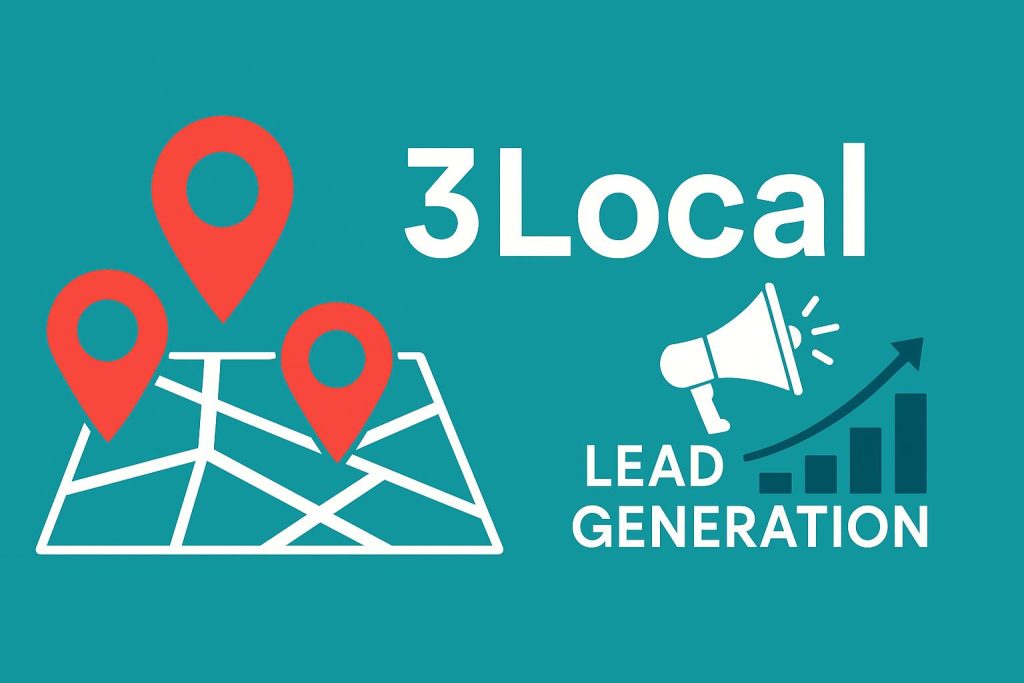
- Accountants Lead Generation

- Addiction Rehab Treatment Lead Generation

- Annuity Lead Generation

- Architects Lead Generation

- Attorney Lead Generation

- B2B vs B2C Lead Generation

- Bark.com Review

- Best Tradesman Websites
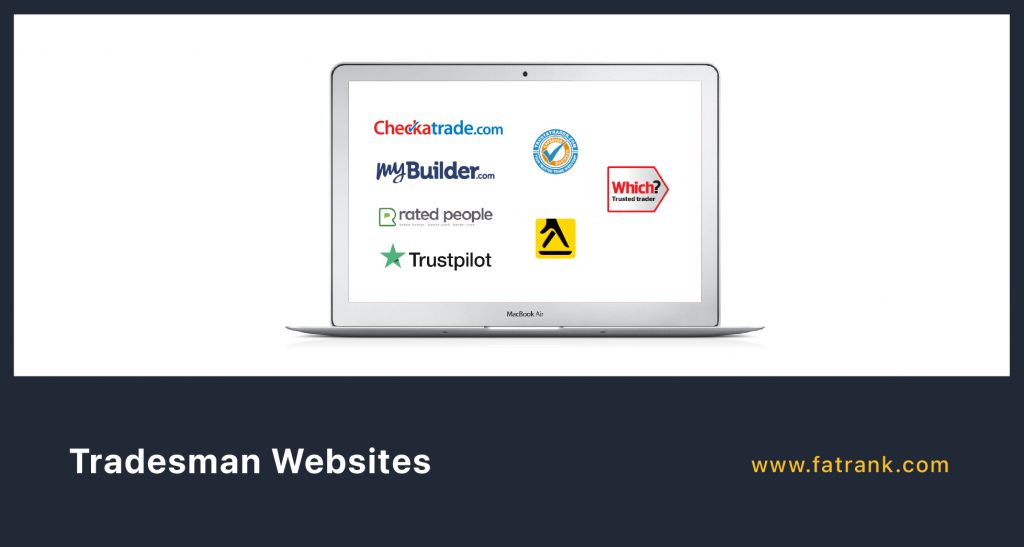
- Boiler Lead Generation

- Building Lead Generation

- Carpet Cleaning Lead Generation

- Checkatrade Review

- Chiropractic Lead Generation

- Cleaning Lead Generation

- Concrete Lead Generation

- Conservatory Lead Generation

- Credit Repair Lead Generation

- Cyber Security Lead Generation

- Damp Proofing Lead Generation
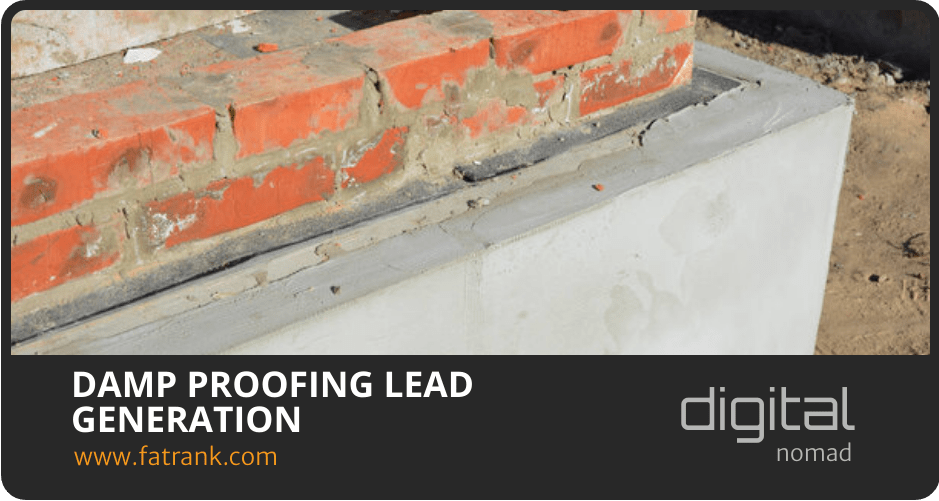
- Debt Lead Generation

- Decorator Lead Generation

- Dentist Lead Generation

- Digital Marketing Strategies for Lead Generation

- Double Glazing Lead Generation

- Driveway Lead Generation

- Electrician Lead Generation

- Equity Release Lead Generation

- Excavation Contractor Lead Generation

- Fencing Lead Generation

- Financial Advisor Lead Generation

- Fintech Lead Generation: 5 Strategies for Fintech Companies

- Garage Door Lead Generation

- Heat Pump Lead Generation

- Heating Lead Generation

- Home Improvement Lead Generation

- How to Cancel Checkatrade

- How to Choose the Right Lead Generation Client

- How to Generate More Leads

- HVAC Lead Generation

- Importance Of Exclusive Leads

- Importance Of Leads That Convert Into Profit

- In-Market Lead Generation vs Out-Of-Market Demand Generation
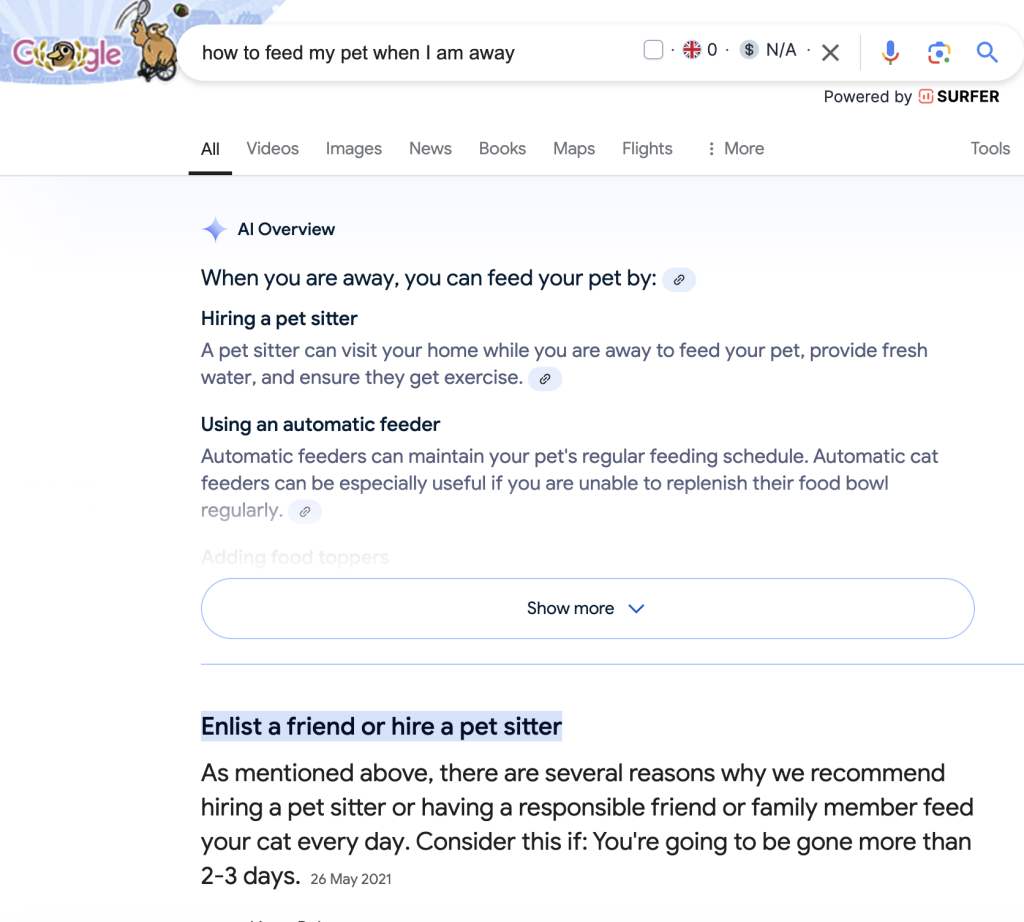
- Inbound Lead Generation Agency

- Insulation Lead Generation for Cavity Wall or Loft Insulations

- Is Lead Generation Worth it?

- Is Yellow Pages Business Advertising Value For Money?

- IT Services Lead Generation

- Joiner Lead Generation

- Landscaping Lead Generation

- Lawyers Lead Generation

- Lead Generation for Recruitment Agencies

- Lead Generation Quotes to Inspire You
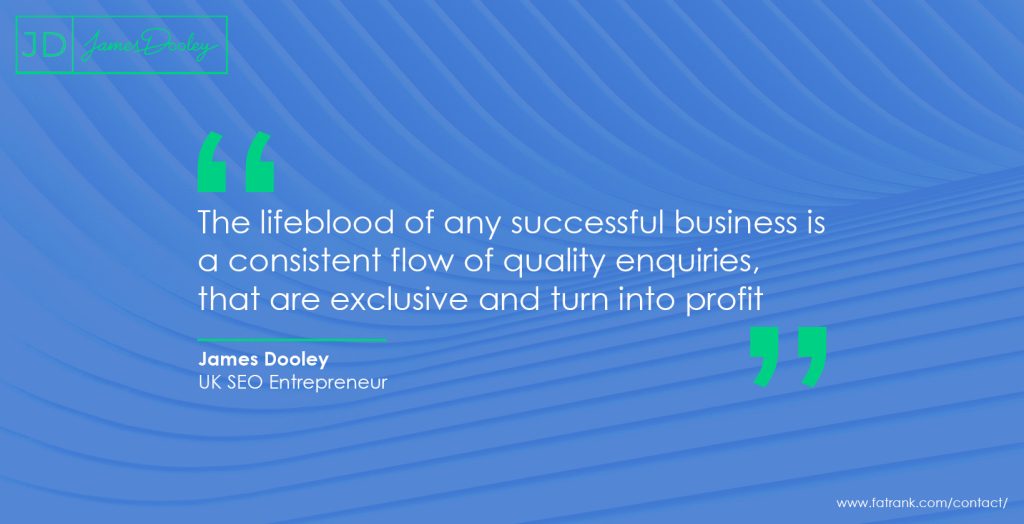
- Lead Generation Testimonials

- Lead Nurturing Strategies

- Lead Simplify Review

- Leads First: Everything Flows Downstream After Lead Generation
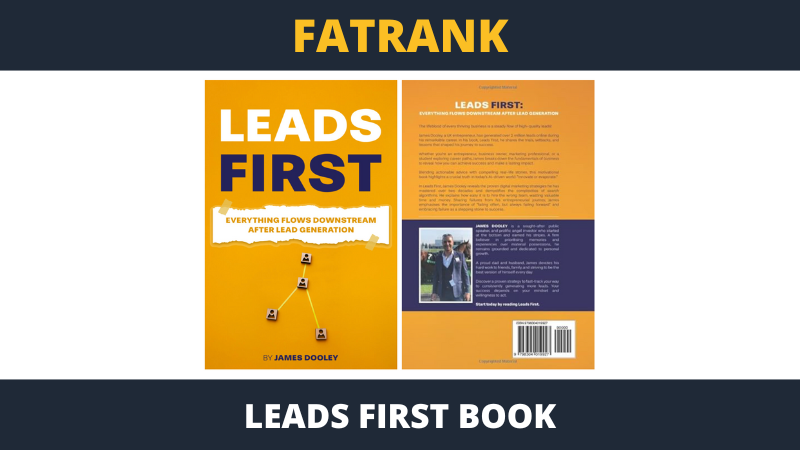
- Life Insurance Lead Generation
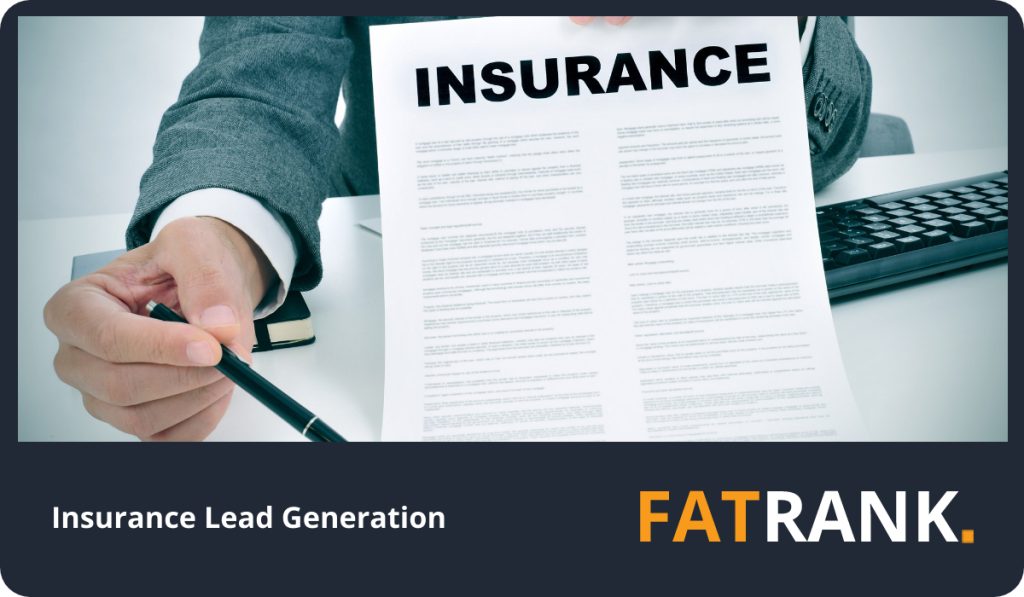
- Loans Lead Generation

- Locksmith Lead Generation

- Loft Conversion Lead Generation

- Mortgage Lead Generation

- Mould Remediation Lead Generation

- My Builder Review

- Outbound Lead Generation Agency

- Outsourced b2b Lead Generation

- Painting Contractor Lead Generation

- Pay Per Lead Generation

- Personal Trainer Lead Generation

- Pest Control Lead Generation

- Photographer Lead Generation

- Plastering Lead Generation

- Plastic Surgery Lead Generation

- Plumbing Lead Generation
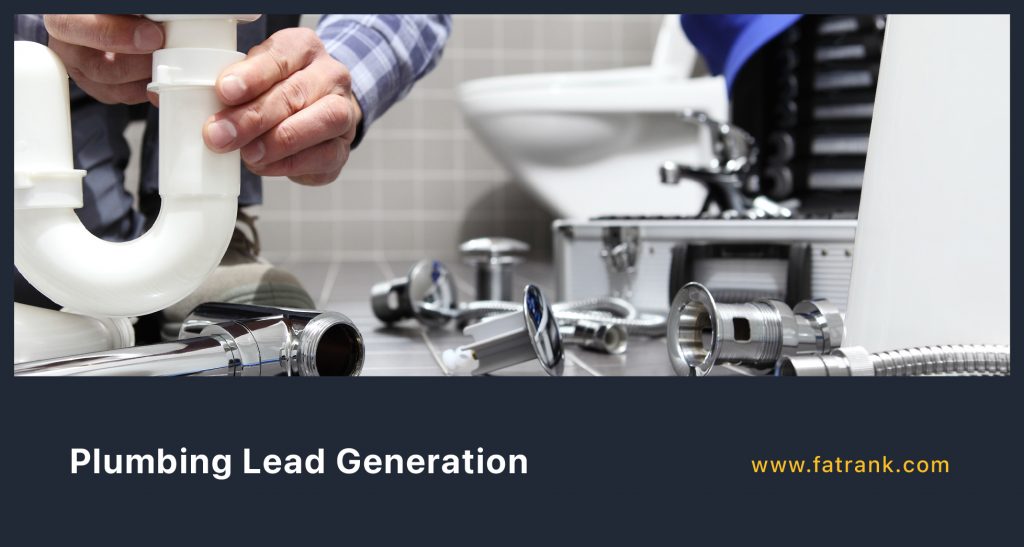
- PPC Lead Generation
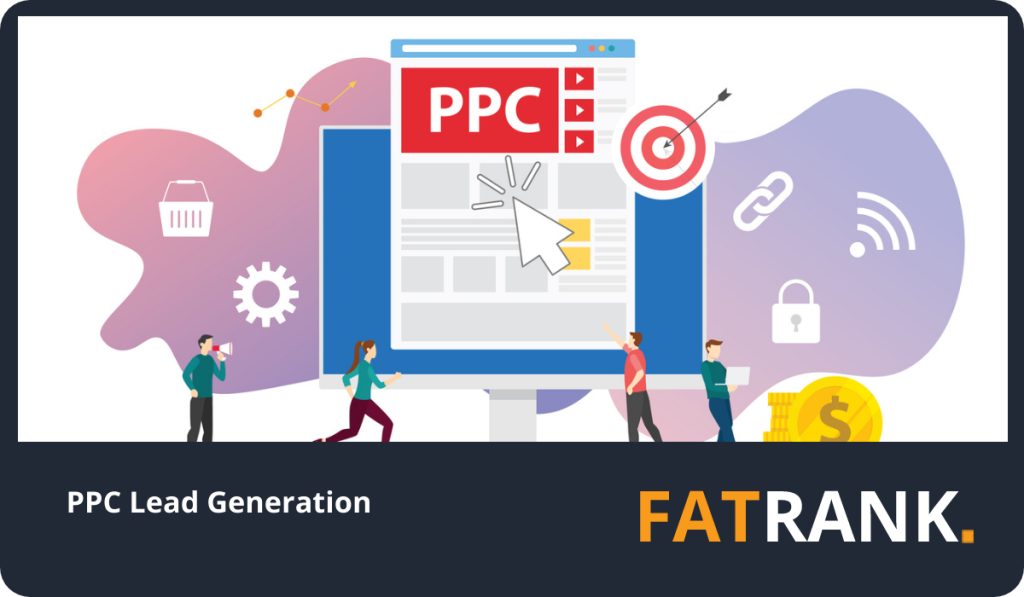
- Pressure Washing Lead Generation
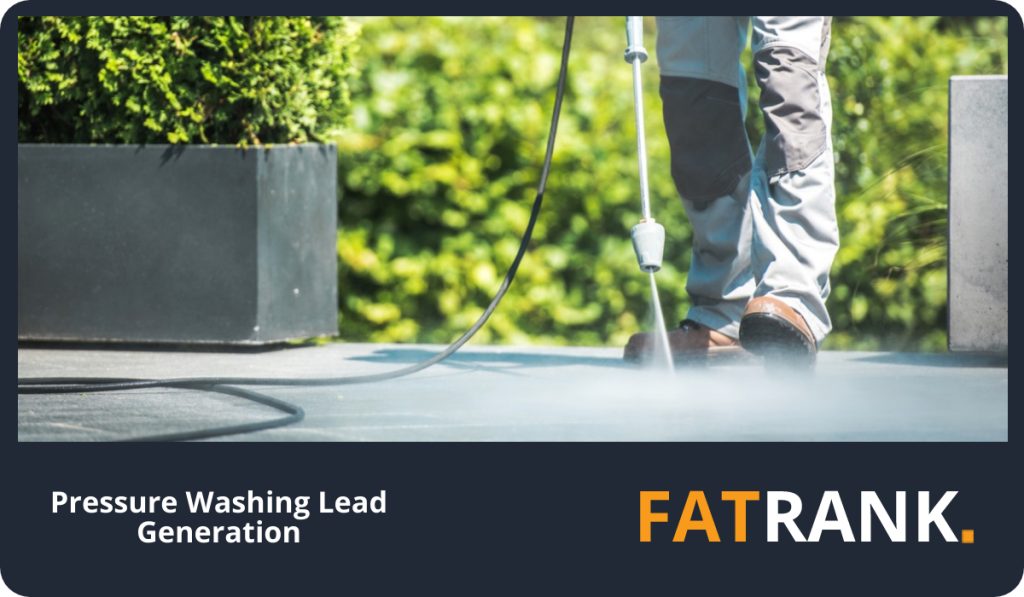
- Qualified Investor Leads: How to Get High Quality Leads

- Questions You Should Ask Lead Generation Companies

- Real Estate Lead Generation

- Reasons to Decline Lead Generation Requests

- Recruitment Lead Generation

- Rendering Lead Generation

- Responding to Leads
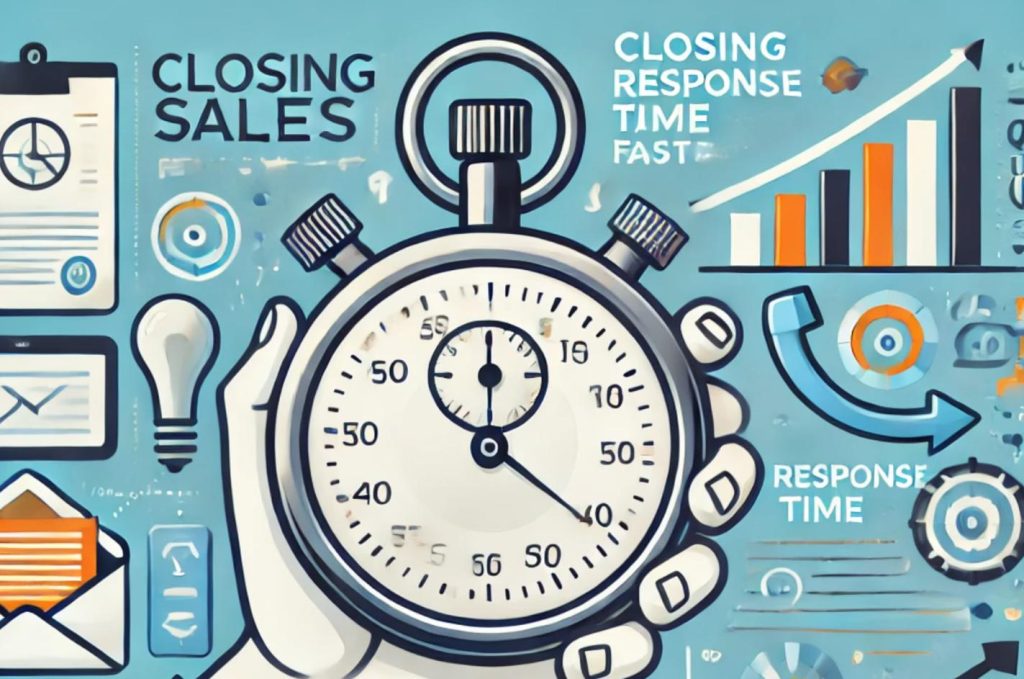
- Roofing Lead Generation

- SaaS Lead Generation

- Scaffolding Lead Generation

- SEO Lead Generation

- Sites Like Checkatrade

- Solar Panel Lead Generation

- Stairlift lead generation

- Suspended Ceiling Lead Generation

- Tree Service Lead Generation

- Trust-Based Revenue Share Lead Generation Model

- TrustATrader Review
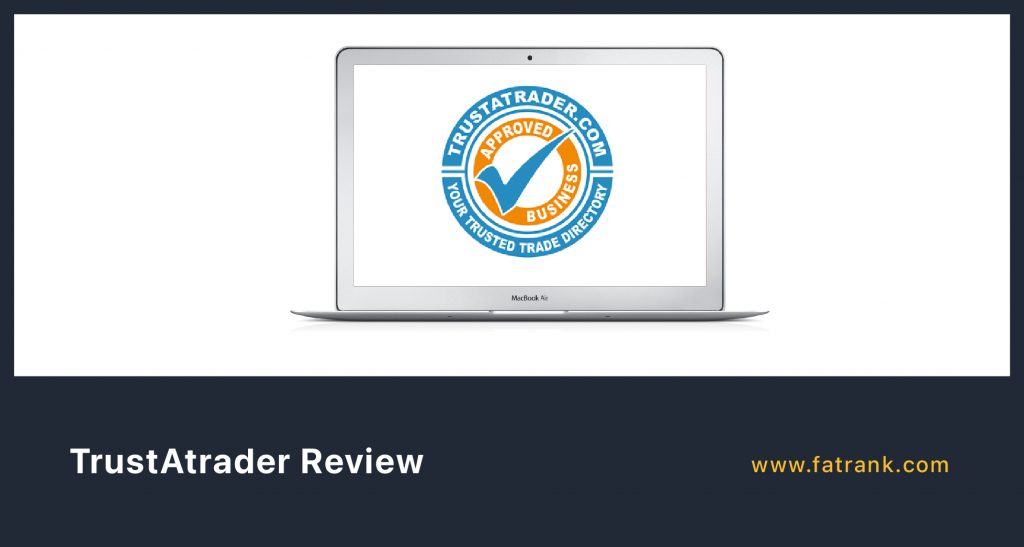
- Twitter Ads Lead Generation | Buy Twitter Advertising Leads

- Videographer Lead Generation

- Virtual Assistant Lead Generation

- Water Damage Lead Generation

- Web Design Lead Generation

- What is a Lead

- What Is Lead Management

- What Is The Impact Of Lead Response Time

- What Is The Importance Of Lead Quality

- Why is Lead Attribution Important?

- Why Real-Time Leads Could Boost Your Sales

- Zero Risk Lead Generation Service


About FatRank
Our aim to explain and educate from a basic level to an advanced on SEO and Social Media Marketing.
Need exclusive leads?
We deliver a consistent flow of high-quality exclusive leads. No fluff. No guesswork.
Get free leads →★★★★★ Excellent
